This piece was originally published in USA Today.
For decades, the United States has demonstrated leadership during times of crisis around the world. America’s impulse to respond to natural disasters and pandemic outbreaks far from its shores has served as a source of inspiration for many whose lives have been touched by American generosity and readiness to confront difficult challenges.
The global spread of the novel coronavirus demands just such American leadership today. What began as a localized outbreak of a new virus in China is now a global challenge to public health. Both the number of cases and the number of deaths resulting from COVID-19, caused by a member of the coronavirus family that’s a close cousin to the severe acute respiratory syndrome, already have exceeded those recorded during the outbreak of SARS a decade prior. There is real risk that the virus will spread further in the days and weeks to come.
Regrettably, the Trump administration’s response has been more notable for its abdication of leadership than for its exercise of it. The United States has been swift to evacuate its citizens from Wuhan, to issue a “do not travel” alert for Americans considering going to China, and to impose a travel ban against Chinese travelers wishing to visit the USA.
U.S. leaders also have demonstrated insensitivity in recent public statements, including that the outbreak could serve as a boon to American workers.
Largely missing in public statements by U.S. officials in recent weeks has been expressions of humanity, of common purpose in confronting the outbreak, and of global leadership in charting a course to contain the virus.
Aid from America
I was glad to see the U.S. government deliver several crates of medical supplies to the Chinese people and announce its preparedness to spend up to $100 million to assist China and other impacted countries to combat the new coronavirus. These are steps in the right direction, but unfortunately, they are too small and too late.
I have seen up close what leadership looks like in responding to crises. Following the horrific tsunami that took 230,000 lives across Southeast Asia in 2004, I helped organize the global response from the Department of Defense. The speed and strength of the response led to a reduction in human suffering, an improvement in U.S. relations with governments in affected countries, and a burnished American image of humanity with people across the region (and beyond).
It is not just Americans who have exercised empathy in times of need. Following the terrorist attacks on the United States on Sept. 11, 2001, Chinese President Jiang Zemin was among the first to reach out to President George W. Bush to offer condolences and support. Similarly, after Hurricane Katrina devastated parts of the American southeast in 2005, Chinese President Hu Jintao dispatched a plane loaded with contributions to aid the disaster response.
American on the Diamond Princess: The worst is over, let’s choose optimism.
To be sure, China’s response to the coronavirus outbreak has been problematic on many levels. There will be many lessons to be learned about China’s lack of transparency and tight media control, particularly in the initial days and weeks.
China deserves censure for initially seeking to stifle the voices of those who sought to sound the alarm about the outbreak. China’s unwillingness to allow Taiwan to participate in World Health Organization efforts related to the outbreak also has been troubling. So, too, has been its slow response to the WHO and the Centers for Disease Control and Prevention’s offers to send an expert team to assist in the response.
There will be time to settle scores later, though. Now, the focus must be on saving lives and stopping the spread of this deadly virus.
Fortunately, many American people and American nongovernmental organizations remain focused on the task at hand.
The Bill and Melinda Gates Foundation has pledged $100 million for research and treatment. Dozens of pharmaceutical companies and research institutions have banded together to accelerate the development of a vaccine. Major American corporations have contributed life-saving medical supplies. Ordinary American citizens have provided donations. And civic leaders have spoken out across the country about the importance of upholding American values and resisting xenophobia and racism in response to the arrival of coronavirus.
In these efforts, the American people have joined with countries, companies and citizens from around the world who recognize that the coronavirus is a global challenge demanding a global response.
Leaders should join together
In 2005, in the immediate aftermath of the South Asian tsunami, the world stood on the brink of a little remembered health catastrophe from a potential mutation of the so-called bird flu. America was so alarmed by this development that emergency contingency planning was undertaken to deal with a looming global pandemic. Make no mistake, the novel coronavirus could bring a major global health crisis on a scale unseen in recent memory.
Then, the time before “America First”, the U.S. world view was very different. America and China were not locked in near constant confrontation on all matters, big and small. Now, with this virus spreading, and with the deaths now numbering up to a hundred per day, here is the opportunity for these two great nations to find common cause and purpose.
China’s concentration camps:Detained Uighur Muslims are sitting ducks for the coronavirus. China must close the camps.
Before it’s too late, President Donald Trump and President Xi Jinping must demonstrate global leadership and join together to pool their significant scientific resources, literally, for the good of all humankind. History won’t judge these leaders in some distant future volume. People will judge them now, in the short term, if this crisis isn’t embraced by the United States of America and the People’s Republic of China to set a course not just to solve this global emergency, but to also set the conditions to prevent the next one, and the one after that, and so on.
For Washington and Beijing, this is your chance. The lives of our people hang in the balance.
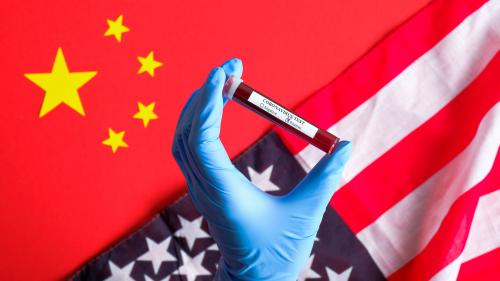
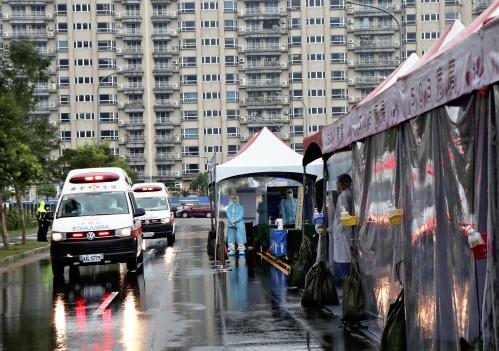
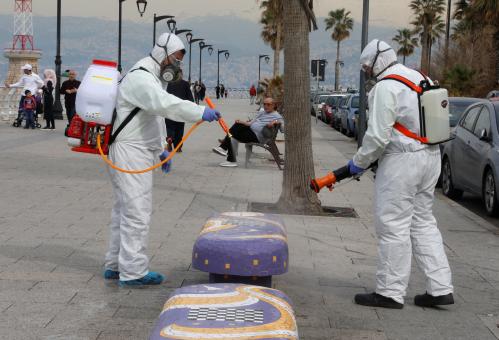
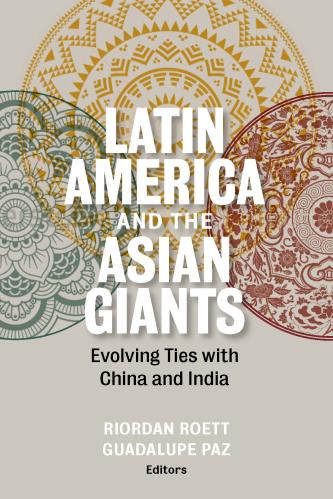
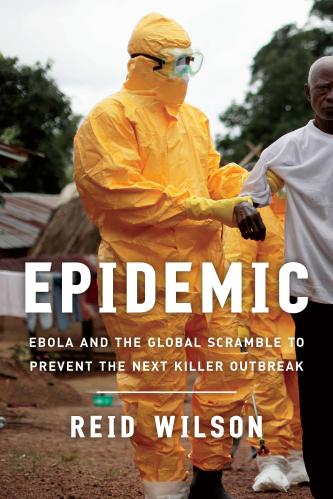


Commentary
Op-edOn coronavirus, America and China must demonstrate global leadership and join together
February 20, 2020